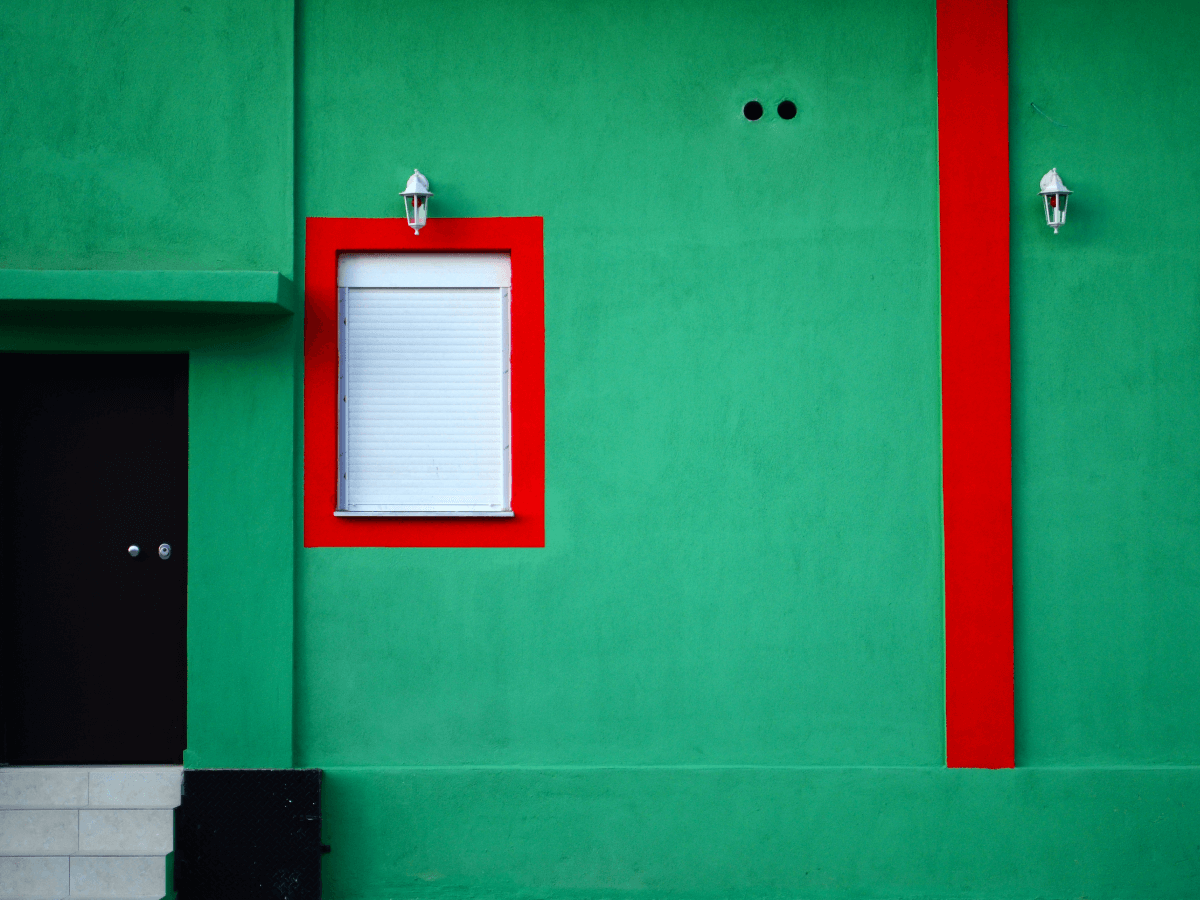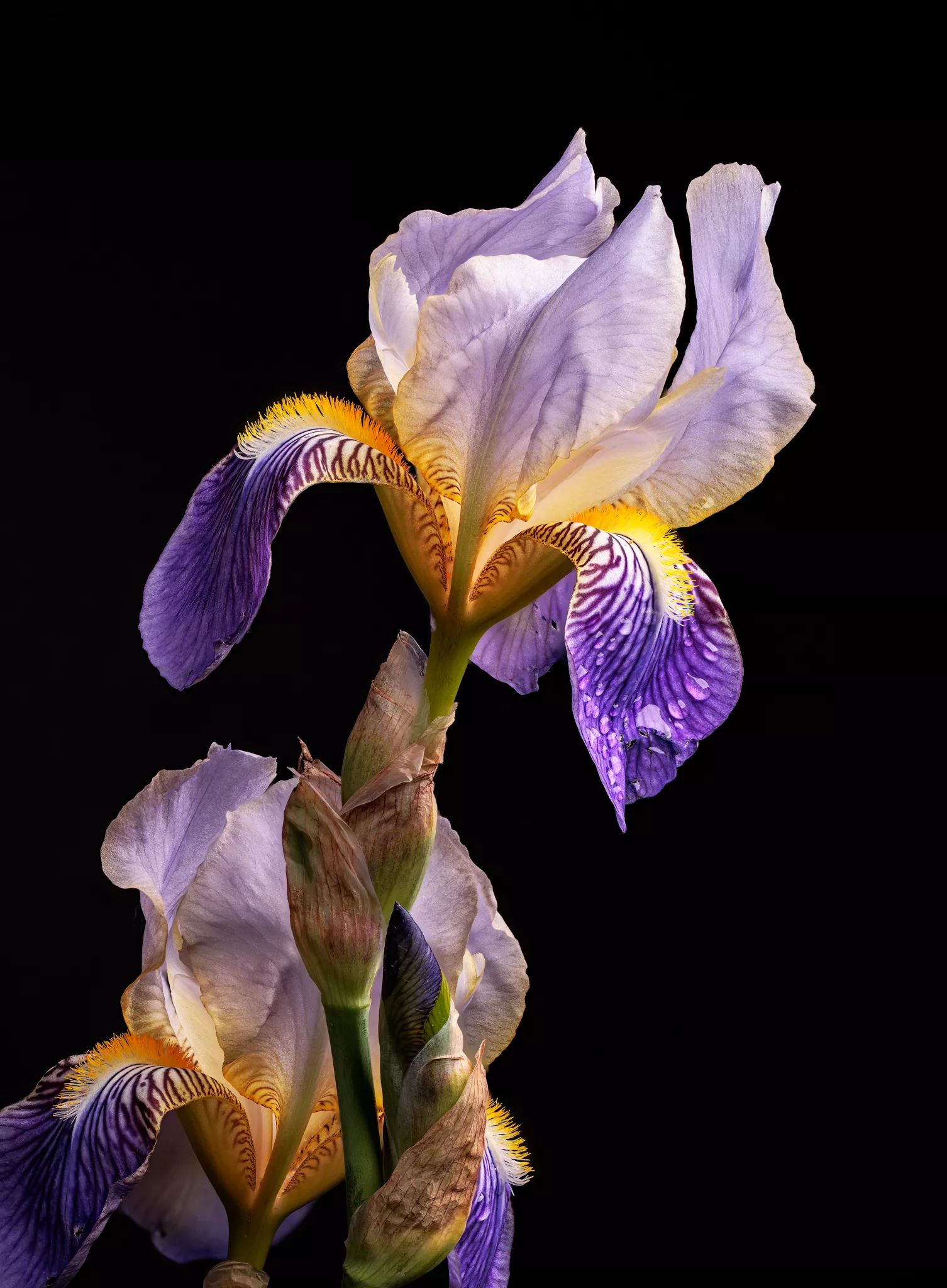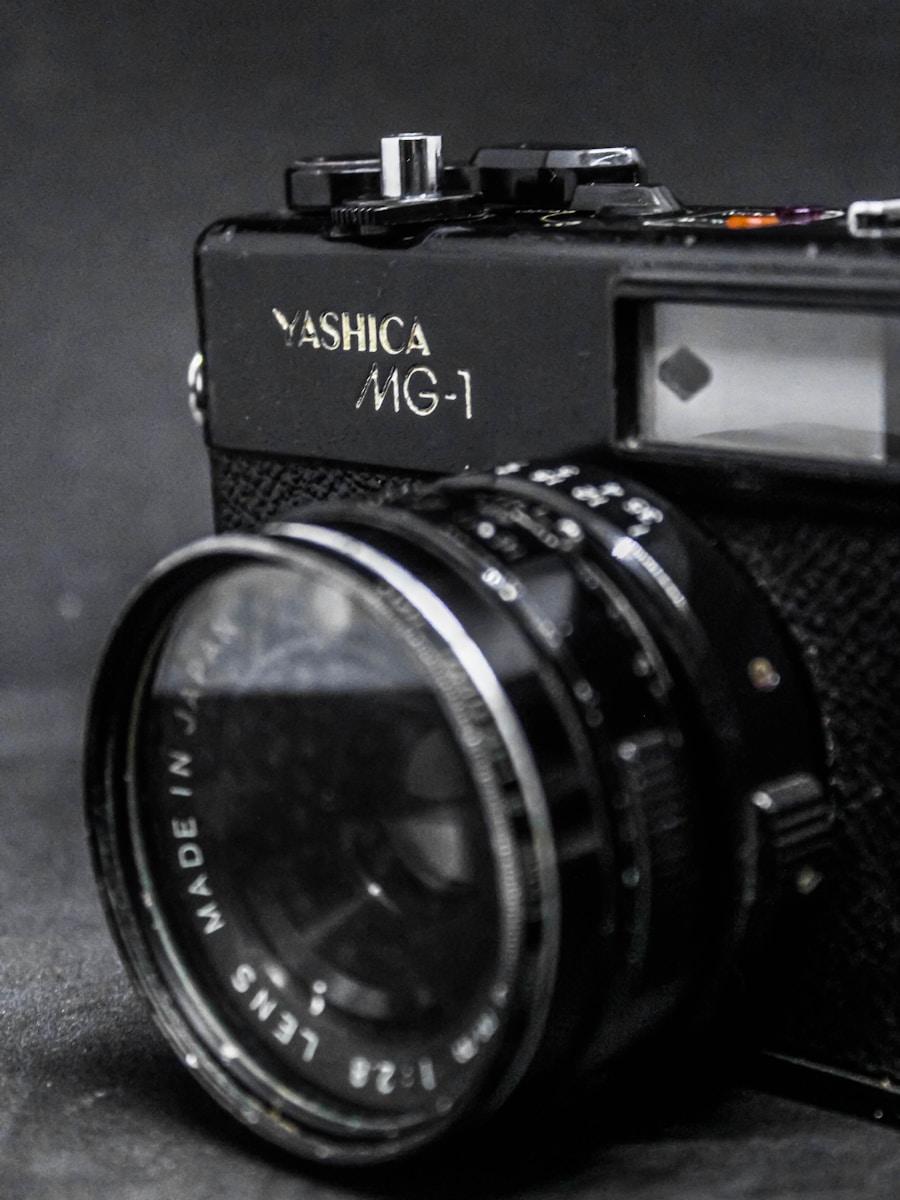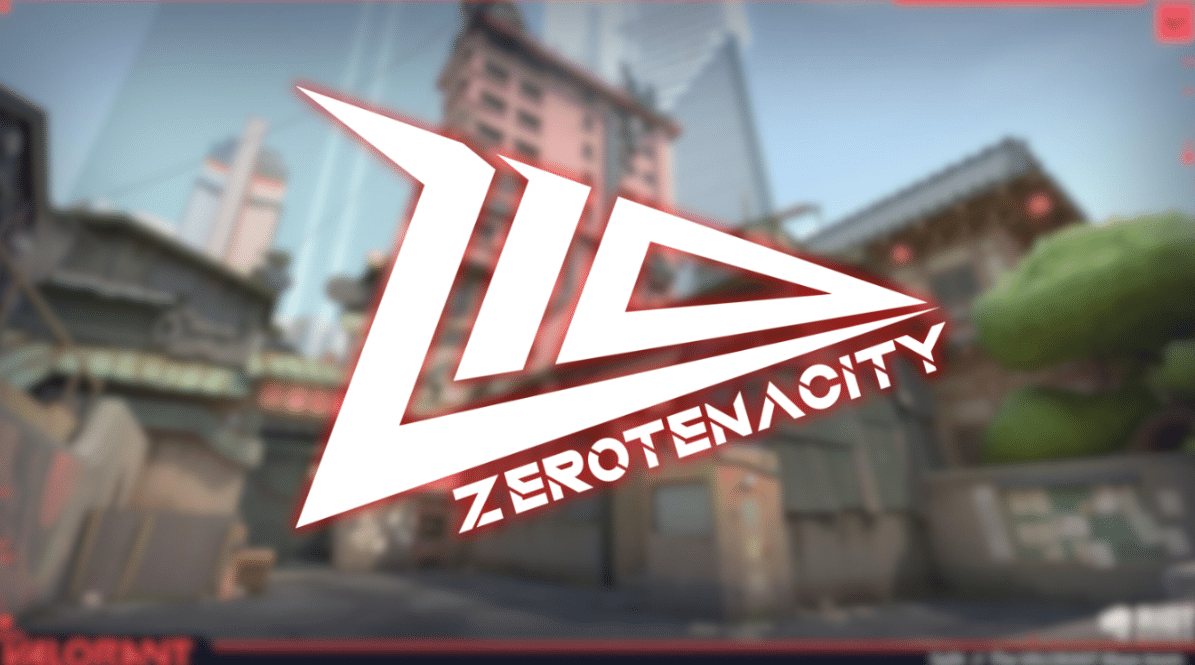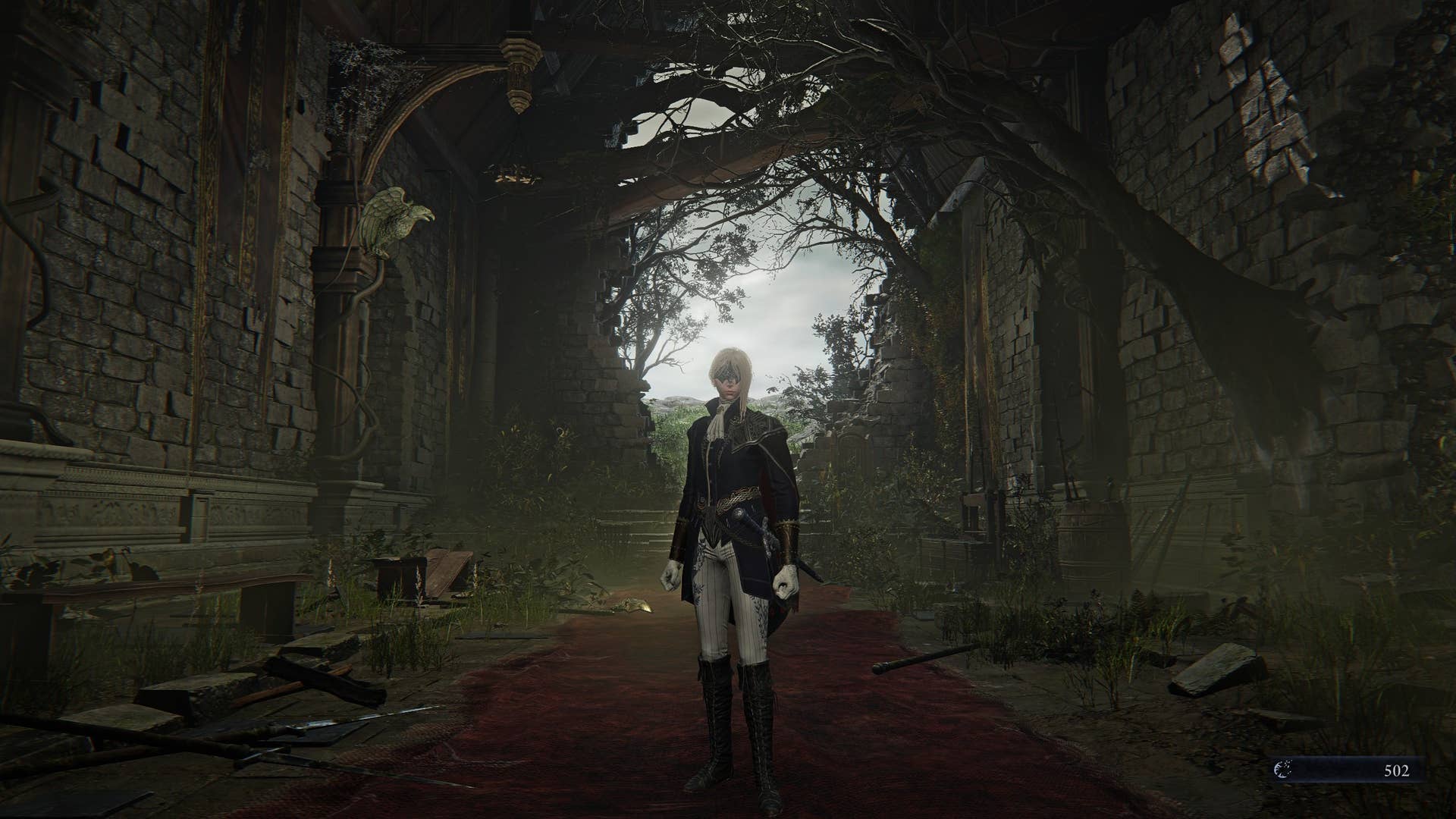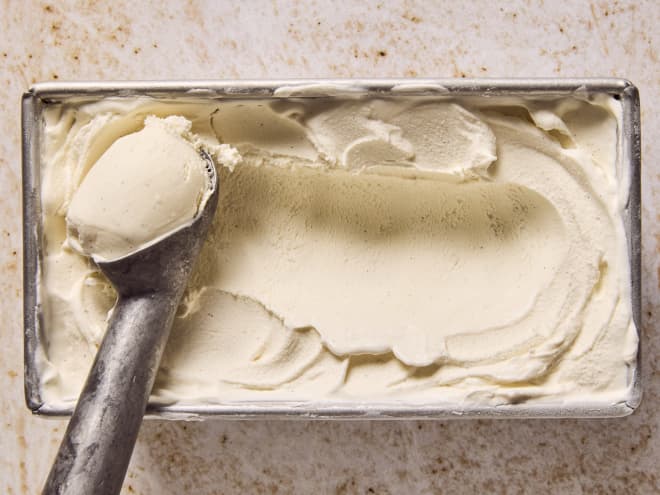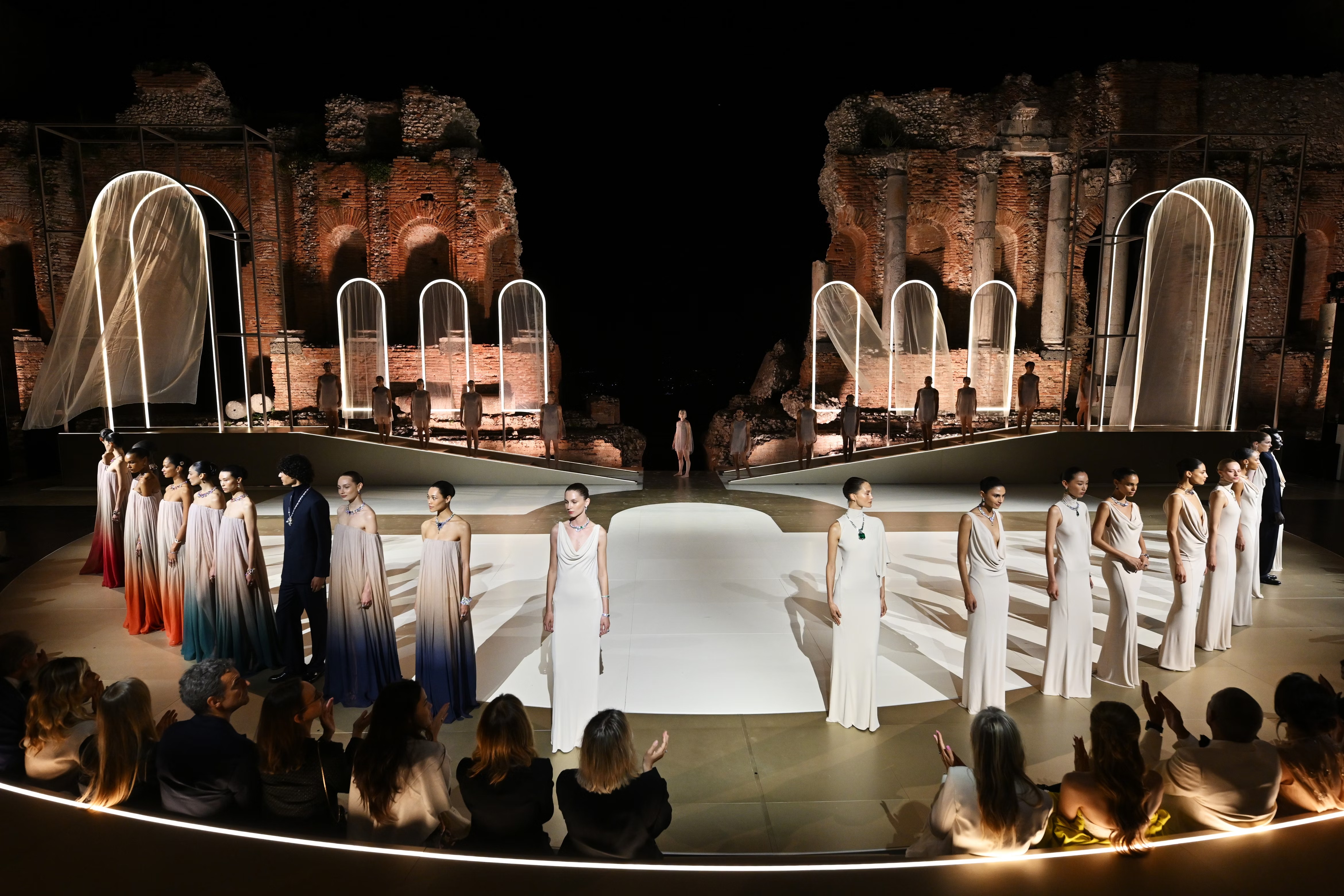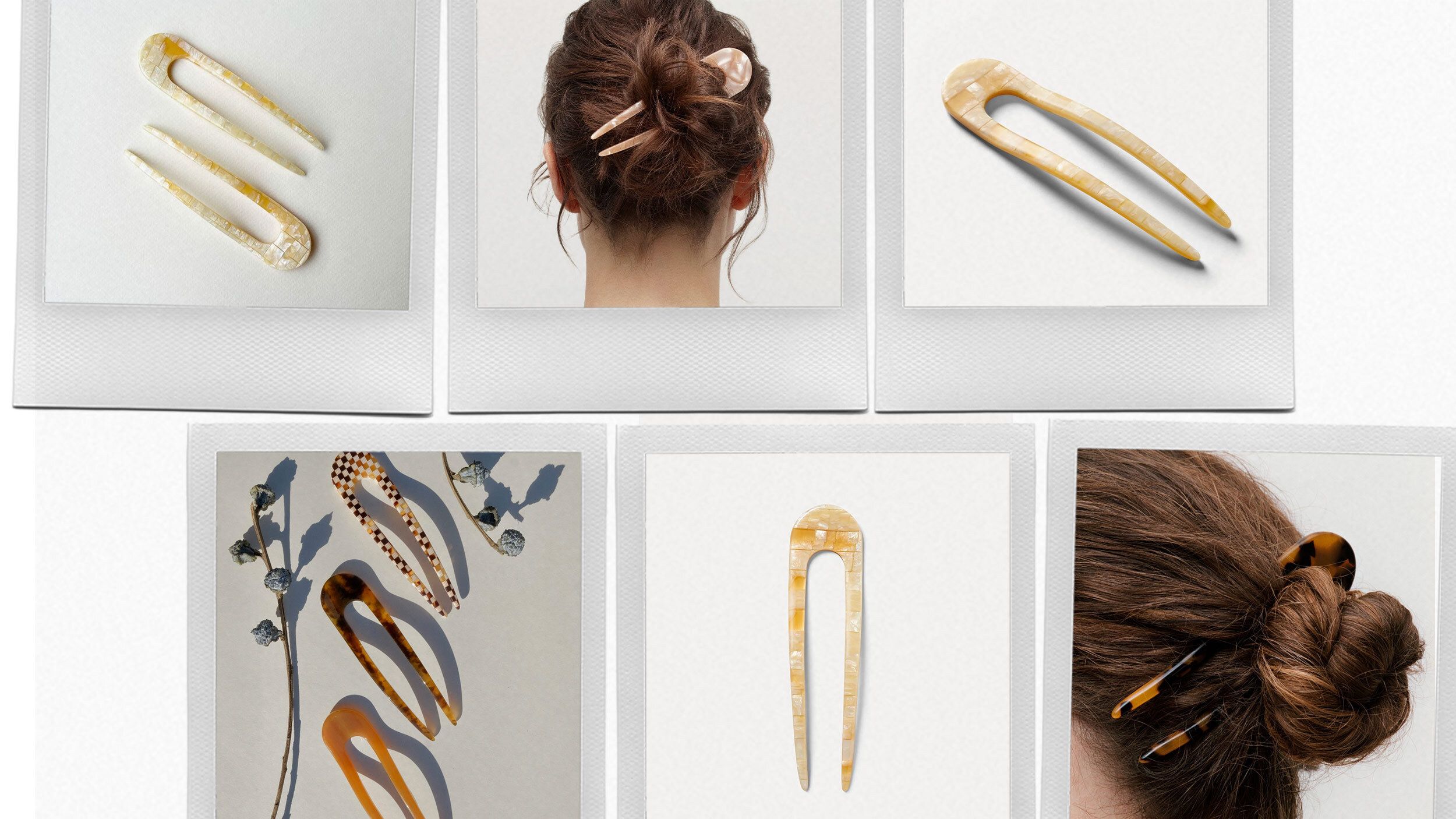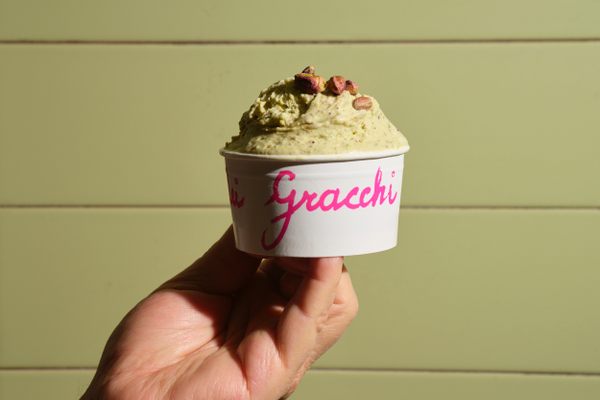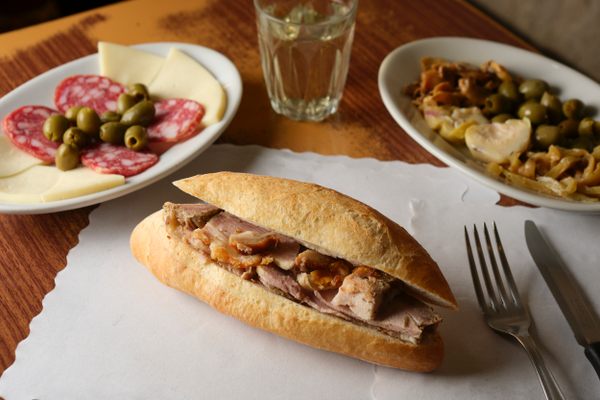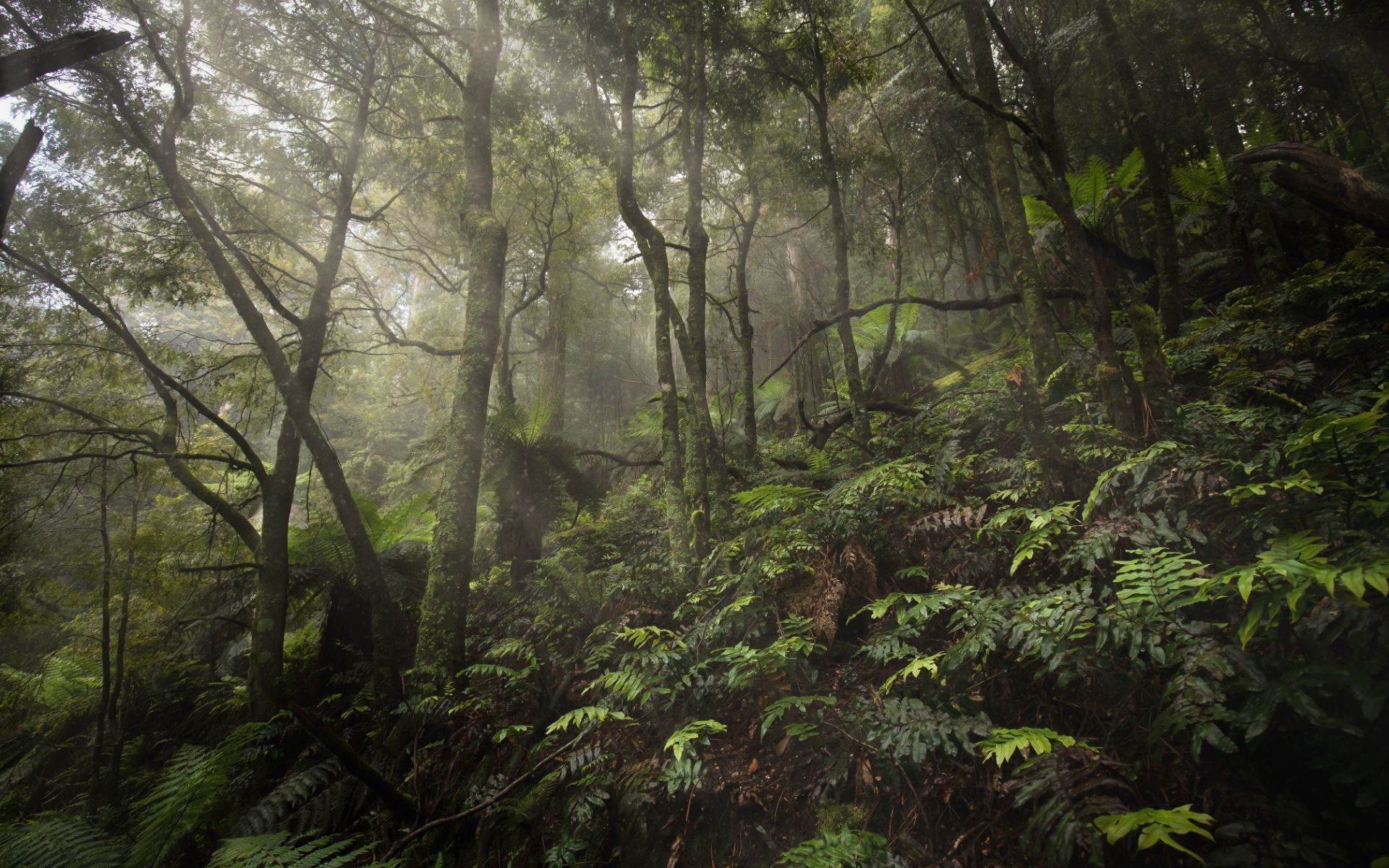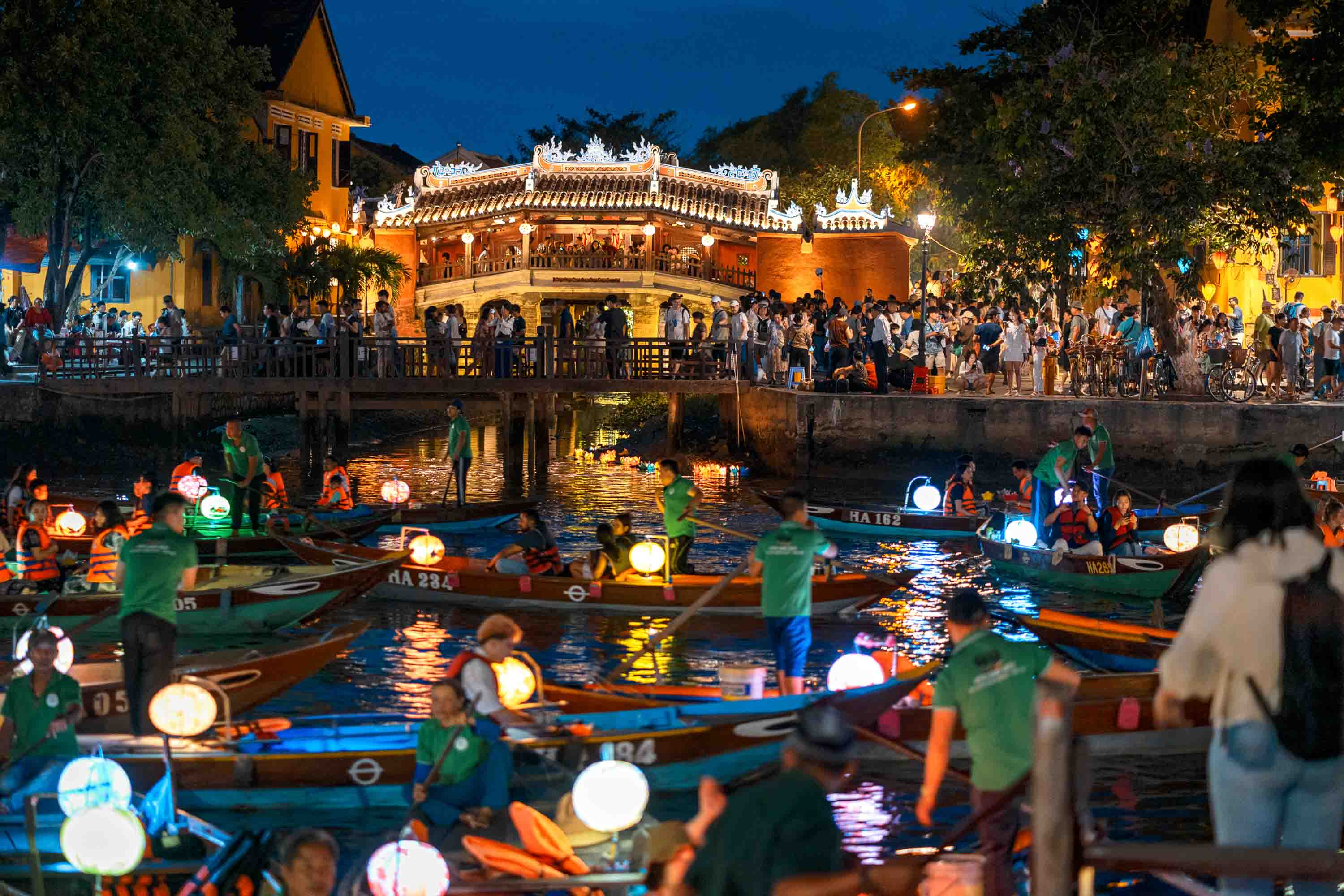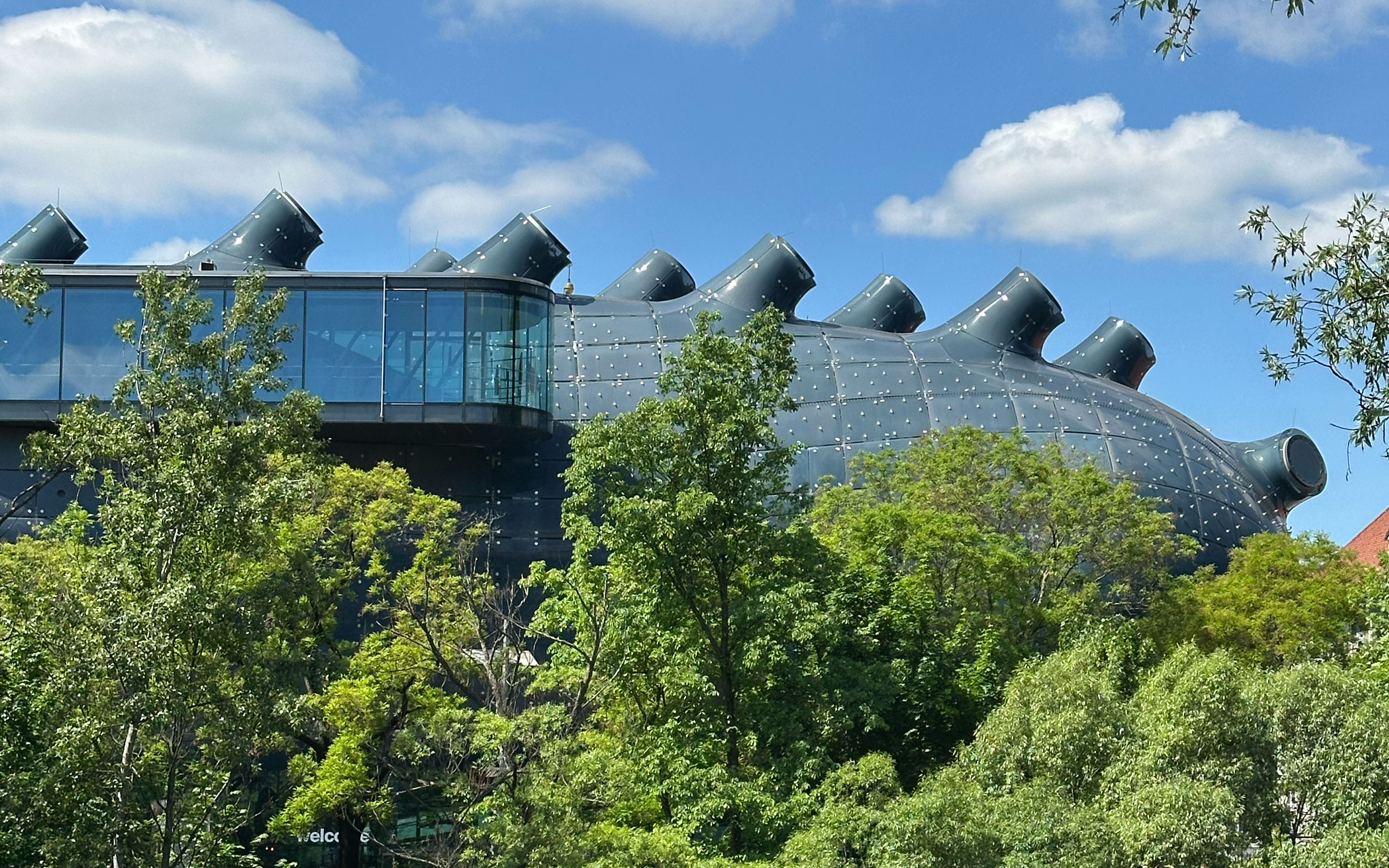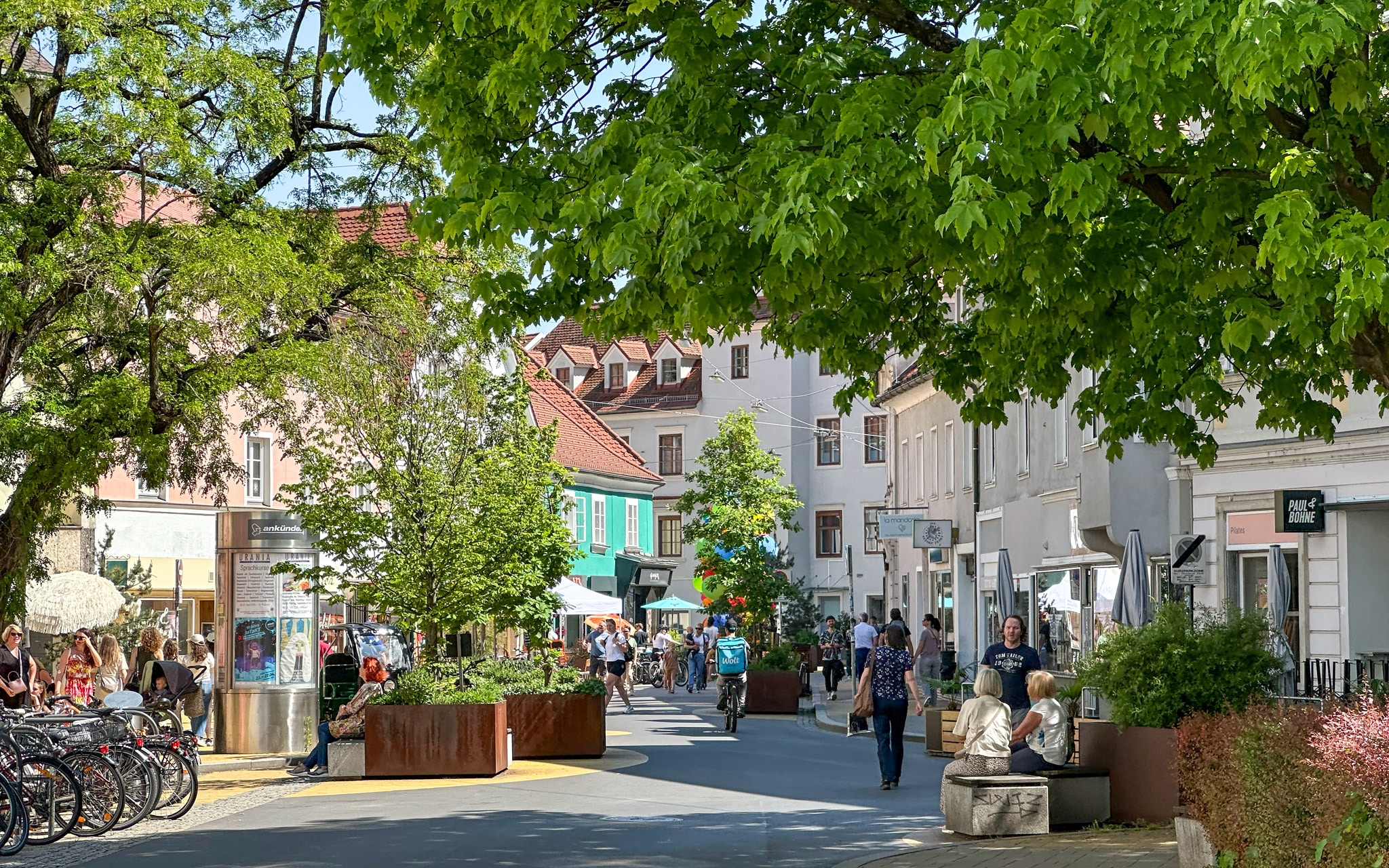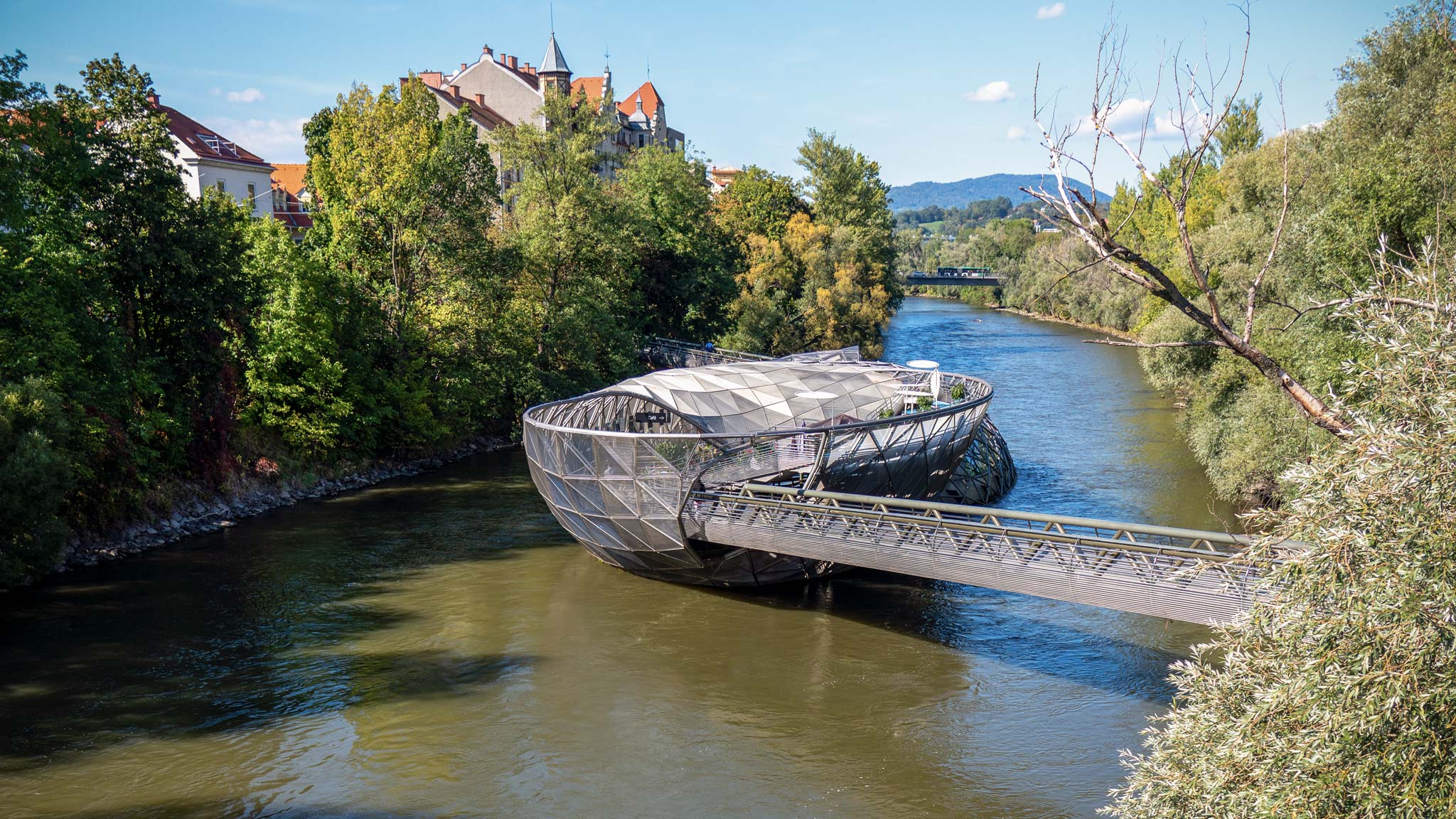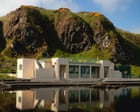Discover 2m26 and Onomiau’s Intimate Mountain Tea Pavilion in Kyoto
SummaryLe Picabier is an outdoor micro tea room located in the mountains north of KyotoDesigned by 2m26 and Onomiau, the structure features a chimney-shaped form and is clad in charred cedarA miniature fire pit can be found insideNestled in the mountains north of Kyoto, Le Picabier is a micro tea room designed by Kyoto-based studio 2m26 in collaboration with Paris-based practice Onomiau. Commissioned by Villa Kujoyama, a creative residency initiated by the French Institute in Japan, the structure is a one-person tea pavilion, blending traditional Japanese craftsmanship with contemporary architectural influences. Its chimney-shaped form, clad in charred cedar shingles, pays homage to the abstract works of American architect John Hejduk, embodying a sense of rationality, poetry and strangeness.The footprint of Le Picabier is based on the traditional dimensions of a tatami mat, reduced to a compact 95.5cm x 64cm space and slightly elevated on a wooden base. Inside this intimate space, a miniature fire pit provides the necessary heat for boiling water, while an ingeniously angled opening and chimney efficiently disperse smoke.The construction utilizes locally sourced wood, with cypress forming the base and core structure, contrasting beautifully with the charred cedar shingles on the exterior, which create a striking visual against the surrounding forest. Internally, these shingles are coated with kakishibu, a natural dye derived from fermented persimmon fruit, traditionally valued for its ability to protect wood from insects and water damage.Atop the chimney-like structure, a lantern inspired by traditional Japanese shrines serves as a ceremonial marker, where a single candle is lit to signify the beginning of the tea ritual. The flame’s gradual fading marks the end of the ceremony, reinforcing the pavilion’s exploration of impermanence and sensory experience. Le Picabier stands as a meditative retreat, embodying the balance of simplicity, materiality and spatial awareness, while offering a modern reinterpretation of Japan’s rich tea culture.Click here to view full gallery at Hypebeast
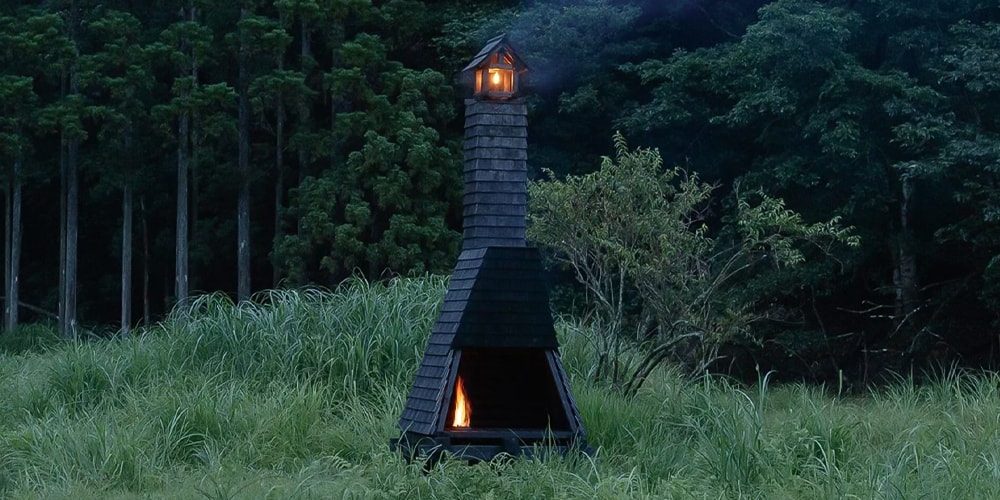

Summary
- Le Picabier is an outdoor micro tea room located in the mountains north of Kyoto
- Designed by 2m26 and Onomiau, the structure features a chimney-shaped form and is clad in charred cedar
- A miniature fire pit can be found inside
Nestled in the mountains north of Kyoto, Le Picabier is a micro tea room designed by Kyoto-based studio 2m26 in collaboration with Paris-based practice Onomiau. Commissioned by Villa Kujoyama, a creative residency initiated by the French Institute in Japan, the structure is a one-person tea pavilion, blending traditional Japanese craftsmanship with contemporary architectural influences. Its chimney-shaped form, clad in charred cedar shingles, pays homage to the abstract works of American architect John Hejduk, embodying a sense of rationality, poetry and strangeness.
The footprint of Le Picabier is based on the traditional dimensions of a tatami mat, reduced to a compact 95.5cm x 64cm space and slightly elevated on a wooden base. Inside this intimate space, a miniature fire pit provides the necessary heat for boiling water, while an ingeniously angled opening and chimney efficiently disperse smoke.
The construction utilizes locally sourced wood, with cypress forming the base and core structure, contrasting beautifully with the charred cedar shingles on the exterior, which create a striking visual against the surrounding forest. Internally, these shingles are coated with kakishibu, a natural dye derived from fermented persimmon fruit, traditionally valued for its ability to protect wood from insects and water damage.
Atop the chimney-like structure, a lantern inspired by traditional Japanese shrines serves as a ceremonial marker, where a single candle is lit to signify the beginning of the tea ritual. The flame’s gradual fading marks the end of the ceremony, reinforcing the pavilion’s exploration of impermanence and sensory experience. Le Picabier stands as a meditative retreat, embodying the balance of simplicity, materiality and spatial awareness, while offering a modern reinterpretation of Japan’s rich tea culture.



